From July 1, 2008, the Law on Road Traffic takes effect. Compared to the Law on Road Traffic approved by the National Assembly on June 29, 2001, the Law on Road Traffic of 2008 has many new points.
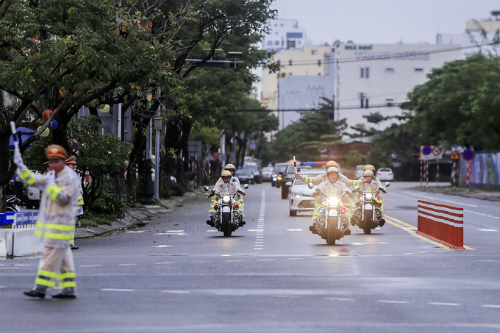
Tighter control for alcohol and beer drinkers participating in traffic
If the Road Traffic Law in 2001 generally prohibited drivers from driving vehicles on the road with a blood alcohol concentration exceeding 80mg/100ml of blood or 40mg/l of breath, or having other prohibited stimulants, the Road Traffic Law in 2008 has more specific regulations.
These regulations include a classification for each type of vehicle user. Specifically, it prohibits drivers of cars, tractors, and specialized motorcycles from driving on the road with any alcohol concentration in their blood or breath. It prohibits motorcycle and moped drivers from driving with a blood alcohol concentration exceeding 50mg/100ml of blood or 0.25mg/l of breath. Regarding drugs, the 2008 Road Traffic Law clearly prohibits driving vehicles with any drugs in the body.
This means that even if drivers are not under the influence while driving, they can still be penalized if there are drugs in their system. This was not clearly regulated under the 2001 Road Traffic Law.
Must carry 4 types of documents when participating in traffic
If the 2001 Road Traffic Law only required traffic participants to have a driving license suitable for the type of vehicle being driven, the 2008 Road Traffic Law stipulates four types of documents that traffic participants must carry. These include: vehicle registration, driving license, technical safety and environmental protection inspection certificate for motor vehicles, and civil liability insurance certificate of the motor vehicle owner.
Enhancement of the authority of traffic inspectors and traffic police
At one time, traffic inspectors complained about not having the authority to stop vehicles, making it difficult to penalize violations within their jurisdiction. The 2008 Road Traffic Law has granted this authority to traffic inspectors. Article 86 of the 2008 Road Traffic Law stipulates that in urgent cases, to promptly prevent potential consequences for road infrastructure, traffic inspectors are allowed to stop vehicles and require drivers to take measures to protect the infrastructure according to legal regulations and are responsible for their decisions.
For traffic police, the new 2008 Road Traffic Law assigns additional responsibilities: cooperating with road management agencies to detect and prevent violations of regulations on the protection of road infrastructure and road safety corridors.
Moreover, the National Assembly has also granted the Government of Vietnam the authority to regulate the mobilization of other police forces and commune police to cooperate with traffic police in patrolling, controlling order, and ensuring road traffic safety when necessary.
Ensure safety for pedestrians and disabled individuals
One of the requirements for new road construction projects stipulated in the 2008 Road Traffic Law is to ensure safety for pedestrians and disabled individuals. Urban roads must have sidewalks, overpasses, tunnels, and other traffic organization solutions to facilitate safe, convenient travel for pedestrians and disabled individuals. Everyone is responsible for helping children under 7 years old when crossing the road. Disabled individuals driving three-wheeled motorcycles for disabled people will be issued an A1 driving license.
Land reserve for traffic must reach 16%-26%
Article 42 of the 2008 Road Traffic Law stipulates a new provision compared to the old law: the land reserve for road traffic infrastructure. The land reserve for road traffic infrastructure is established in the road traffic infrastructure planning. The provincial People's Committee determines and manages this land reserve. The proportion of urban traffic land to urban construction land must ensure from 16-26%, depending on the type of urban area. The specific land reserve for each urban type will be regulated by the Government of Vietnam.
Quality of children's helmets remains unresolved
With the 2008 Road Traffic Law coming into effect, starting from July 1, children from 6 years old must wear helmets when sitting on motorcycles. This has made the children's helmet market bustling these days.
Experts recommend that to avoid the current chaotic helmet market situation, authorities need to quickly inspect and strictly penalize low-quality helmet production and trading facilities. Particularly, they should publicly announce on mass media the production and trading facilities that meet standards to help consumers purchase quality products.
New law but sanctioned according to old decree
Regarding the information about fining children who do not wear helmets when riding motorcycles from July 1, Mrs. Trinh Minh Hien - Head of the Legal Department (Ministry of Transport) said that they must wait for the Government of Vietnam to issue a new decree replacing Decree 146 (regulating administrative sanctions in the field of road traffic) that stipulates sanctions before it can be applied.
According to Mrs. Hien, the Road Traffic Law does not specifically stipulate at what age helmets must be worn, but only requires drivers and passengers on motorcycles, mopeds, and electric bicycles to wear helmets. Therefore, during the process of gathering opinions on drafting the new decree, most supported the regulation that children aged 6-14 sitting on motorcycles not wearing helmets would be fined (from 100,000-200,000 VND) on the person transporting them.
The Ministry of Transport is expected to submit the draft decree to the Government of Vietnam in July after agreement from relevant ministries and central authorities. When the Government of Vietnam approves it, the specific articles of the decree will be used to impose sanctions.
Major General Do Dinh Nghi, Head of the Road Traffic Police Department, said that from July 1, the traffic police force will begin penalizing violations of the amended Road Traffic Law. However, because the decree stipulating administrative sanctions in the field of road traffic has not been issued, the traffic police force still has to base on the current decree to impose penalties.
When detecting new violations adjusted by the amended Road Traffic Law (without sanction levels), the traffic police force will propagate and remind everyone to comply. For other violations, the fines will be based on Decree 146.
Source: vov.vn
 Article table of contents
Article table of contents
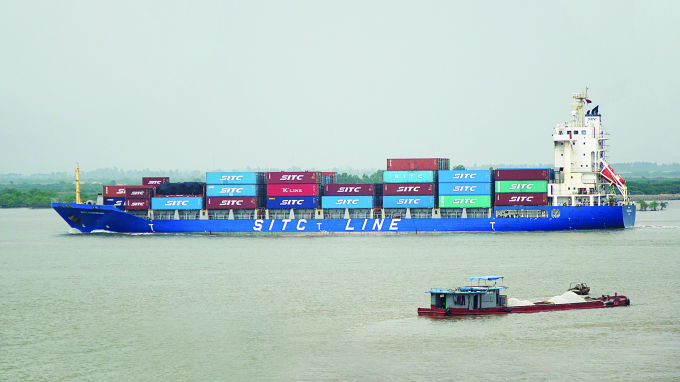
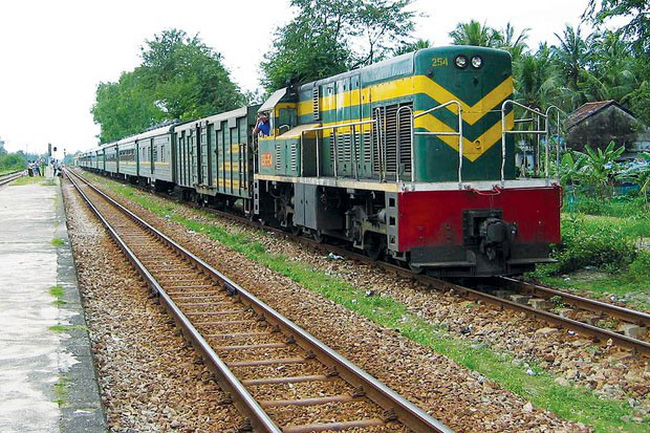
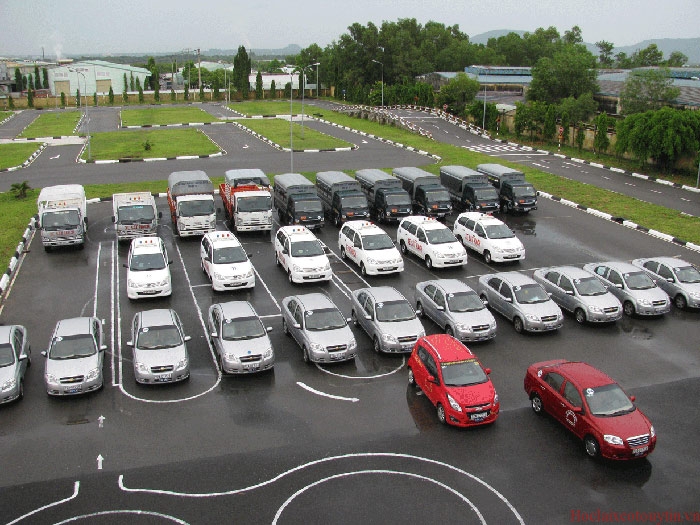
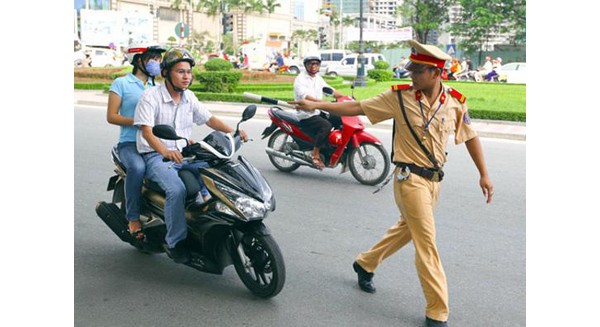

.Medium.png)
.Medium.png)
.Medium.png)
.Medium.png)
